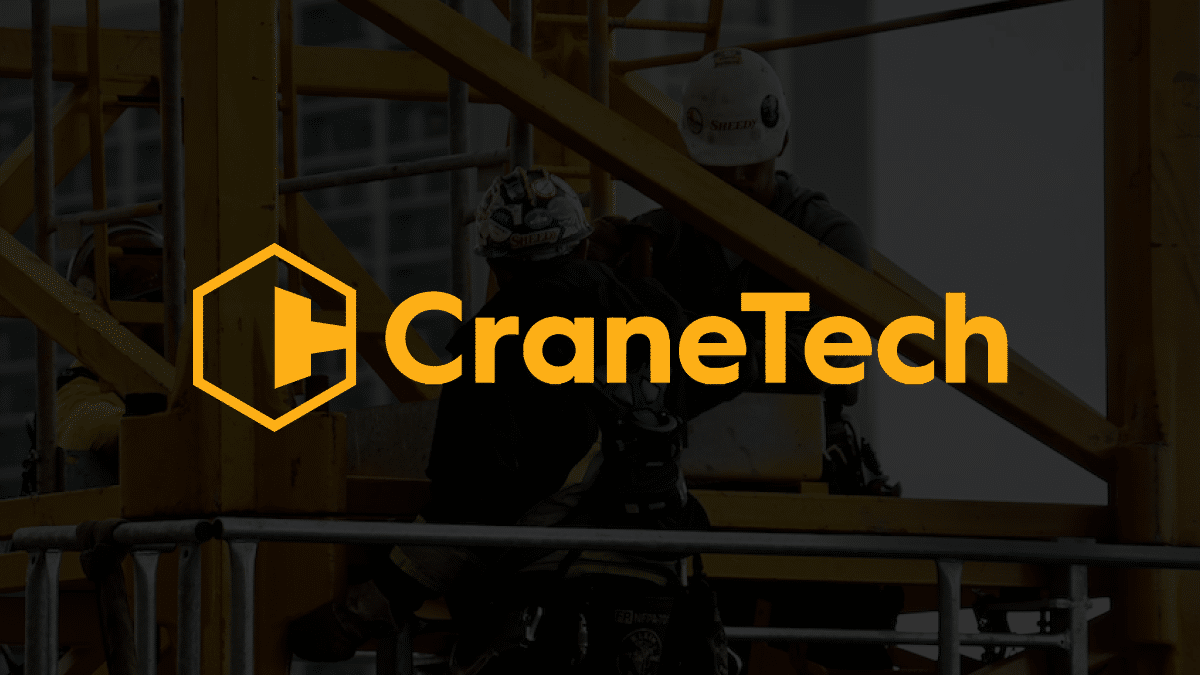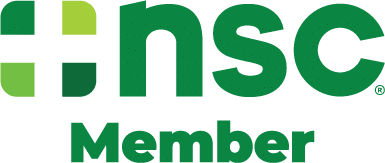A low bid from an alternate supplier on the OSHA mandated inspections on your cranes and hoists inspections might seem like an easy way to save money for your business. More than likely, the low-priced inspection might in fact be a horrible value, saving you less than a thousand dollars but eventually costing you many thousands of dollars down the road..
When crane and hoist inspections are only considered as an OSHA mandatory checklist item, many buyers choose the lowest price offering because of the flawed belief view that all inspections and inspection providers are equal. This purchasing error can lead to disastrous consequences.
The actual price of a crane inspection is based on three major factors.
- The pay rate of the inspector
- The amount of time required to complete the inspection
- The amount of support, supervision, and training provided to the inspector.
Proper inspections are based upon the knowledge and experience of the inspector. Poor qualifications lead to poor inspections. Outside of California, there are no formal licensing requirements or testing in the crane industry to determine the qualifications of a crane and hoist inspector. Even though OSHA 1910.179 and ASME B30.10 both require that crane and hoist inspectors be “qualified”; this requirement is up to the interpretation of the employer. A low paid, under-qualified inspector can reduce the cost of the inspection by 30% or more. This lack of qualifications can result in unsafe work practices, short cuts in the procedure and missed safety & operational deficiencies.
A very low priced inspection often results in heavy pressure on the inspectors to reduce the amount of time spent on the inspection. A typical bridge crane will require 1.5 to 2 hours to perform a satisfactory inspection. Shoddy inspections are often pencil whipped and improperly performed from the ground. There is no way that you can ensure the safety or proper continued operation of a crane unless enough time is allowed. Competent and qualified inspectors are in high demand and will not shortcut their professionalism; they will flee organizations that require them to work unprofessionally. So when time is cut by the inspection provider, you are going to have a double whammy of a shortcut inspection potentially performed by an under-qualified inspector.
A good inspection provider will spend a significant amount of time supervising and providing ongoing training for the inspection team as well as reviewing the inspection findings and performing onsite safety audits of their workers. Low priced inspections are subsidized by poor safety practices, inadequate training, and limited supervision.
At worst, the results of a cheap inspection can lead to an equipment failure that could easily cause a serious or fatal injury. But the virtually guaranteed result of a cheap inspection is a poor operational assessment missing critical items needing planned repairs. When these undiscovered issues result in a breakdown, the resulting costs will be an expensive overtime repair diagnosis, expedited repair parts with overnight freight costs, and return labor to complete the repairs. But the biggest expense would be the crane being out of service for days or weeks. This reduction in productivity can cost additional thousands or even tens or hundreds of thousands of dollars. This easily makes the case for doing your due diligence when shopping for crane inspections.
Savvy, overhead crane and hoist inspection selection practices include the review of the inspection organization’s training offerings, supervision as well as a requirement to vet the inspector’s technical and safety credentials prior to them being permitted on site.
Performing inspections on a time and material basis is the best way to ensure that enough time will be spent on your equipment. Outside of this, having the vendor quote the number of man-hours to be spent on-site physically accessing the equipment is revealing. Divide the hours by the number of pieces of equipment and do a reality check. Is there adequate time to stage equipment, erect safety barricades, perform operational tests, open control enclosures, measure hoist and travel brakes gaps and document results?
CraneTech’s Inspectors are trained and experienced to offer quality equipment assessments, that identify both safety and operational deficiencies. We pride ourselves on finding problems before they cause you major issues. Contact your nearest CraneTech office to have one of our experts advise you on a proper inspection program for your hoists, cranes, jibs, monorails and below the hook lifting devices.




